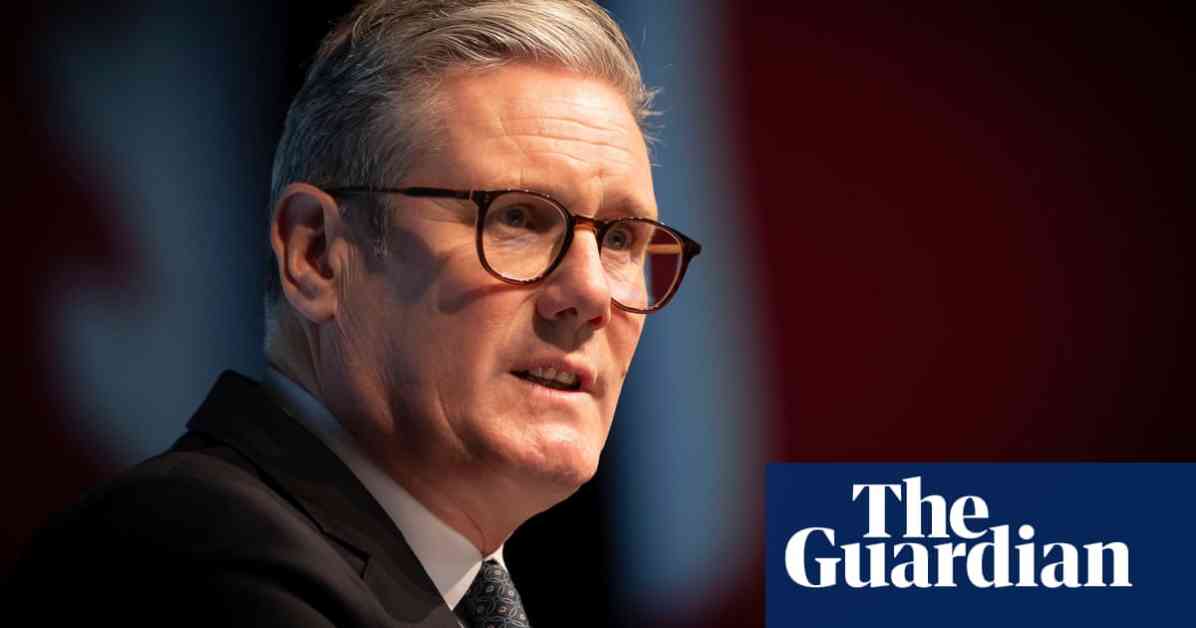Keir Starmer is set to make history by becoming the first UK prime minister in six years to meet with Chinese president, Xi Jinping, with a focus on establishing a pragmatic and serious relationship between the two countries. This move comes as Starmer and his team, including chancellor Rachel Reeves, aim to improve ties with China for the benefit of the UK’s growth ambitions.
However, the decision to deepen relations with China has sparked controversy among human rights groups, backbenchers, and even some Conservative MPs who have faced sanctions from China. Critics like Tom Tugendhat and Alicia Kearns have urged Starmer to address human rights issues, such as the case of UK national Jimmy Lai, a pro-democracy media owner detained in Hong Kong.
The meeting between Starmer and Xi will take place at the G20 summit in Rio de Janeiro, where world leaders will gather to discuss pressing issues like the climate crisis and the situation in Ukraine. This meeting marks the first time a British prime minister has met with Xi since Theresa May’s visit in 2018.
Despite cooling relations between the UK and China due to various factors like cyber threats and human rights crackdowns, Starmer is optimistic about the potential economic benefits of engaging with China. He emphasized the importance of serious and pragmatic discussions with Xi to address areas of disagreement while also exploring areas of mutual cooperation.
Starmer’s approach to foreign relations has drawn scrutiny, with some questioning the amount of time he has spent abroad since taking office. However, he defended his trip to Brazil as an opportunity to strengthen ties with emerging economic powers in Latin America, including discussions on green energy and workers’ rights with Brazilian president, Luiz Inácio Lula da Silva.
As Starmer navigates the complexities of global politics at the G20 summit, he remains focused on promoting economic growth and attracting investment to the UK. Despite the divisions among world leaders on various issues, including Ukraine, taxation, and climate, Starmer is determined to leverage this platform to benefit the UK’s economy and strategic interests.












